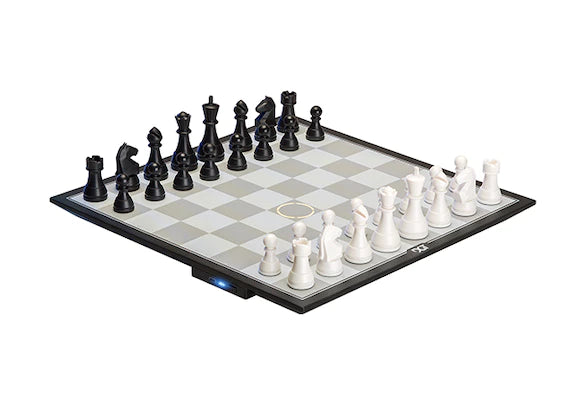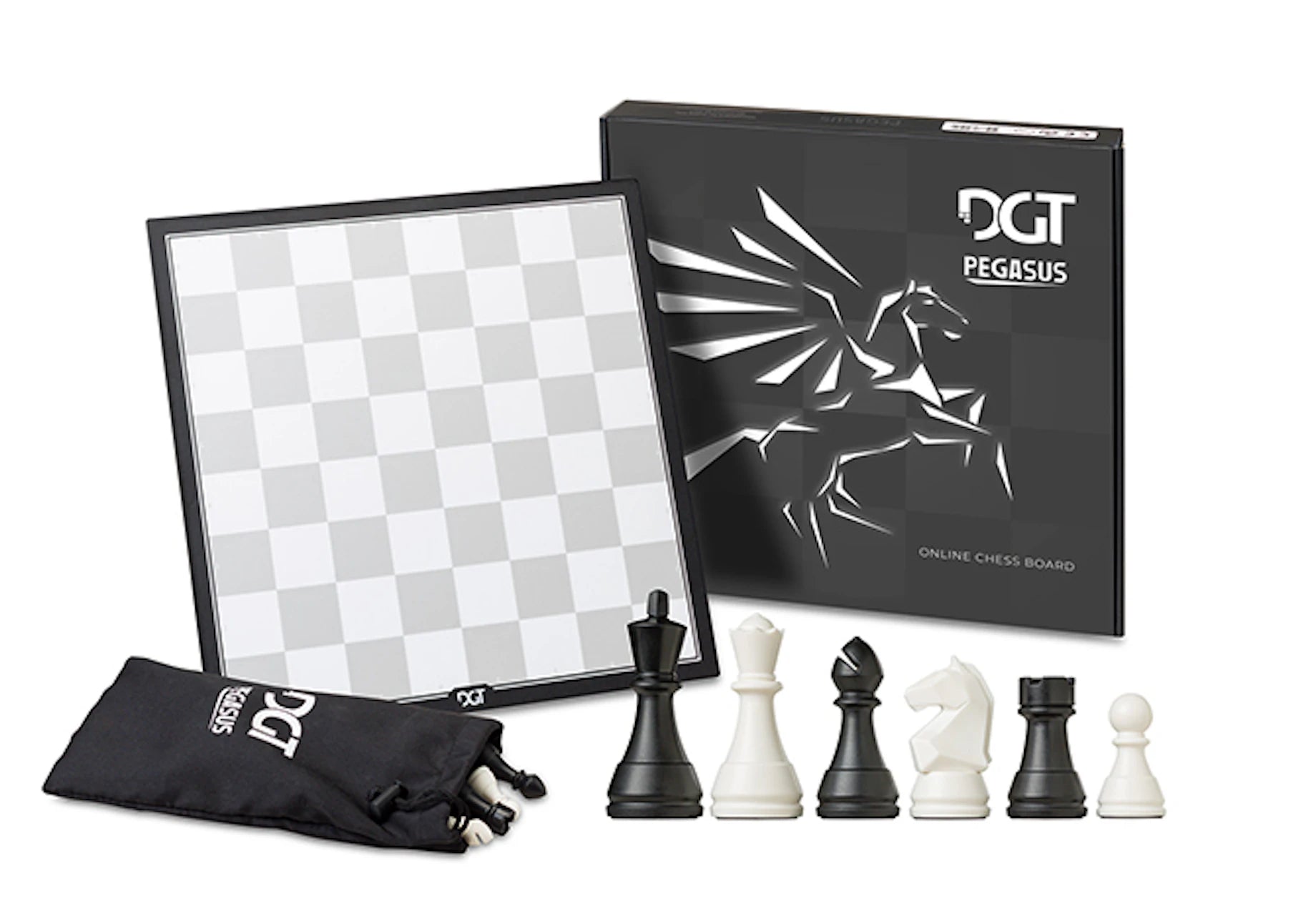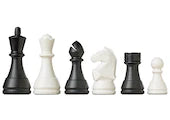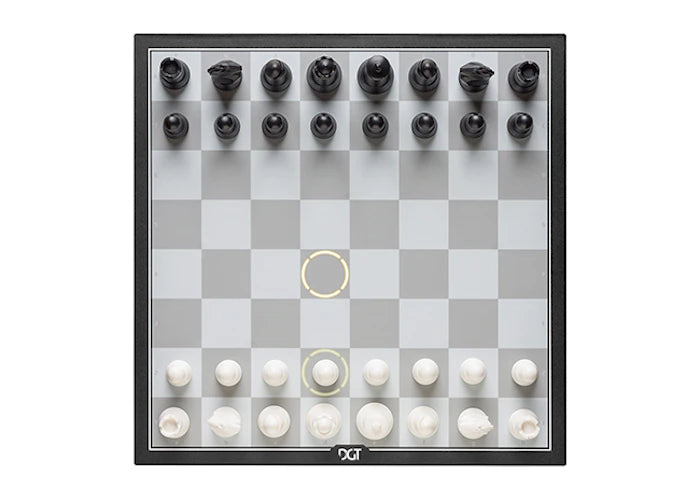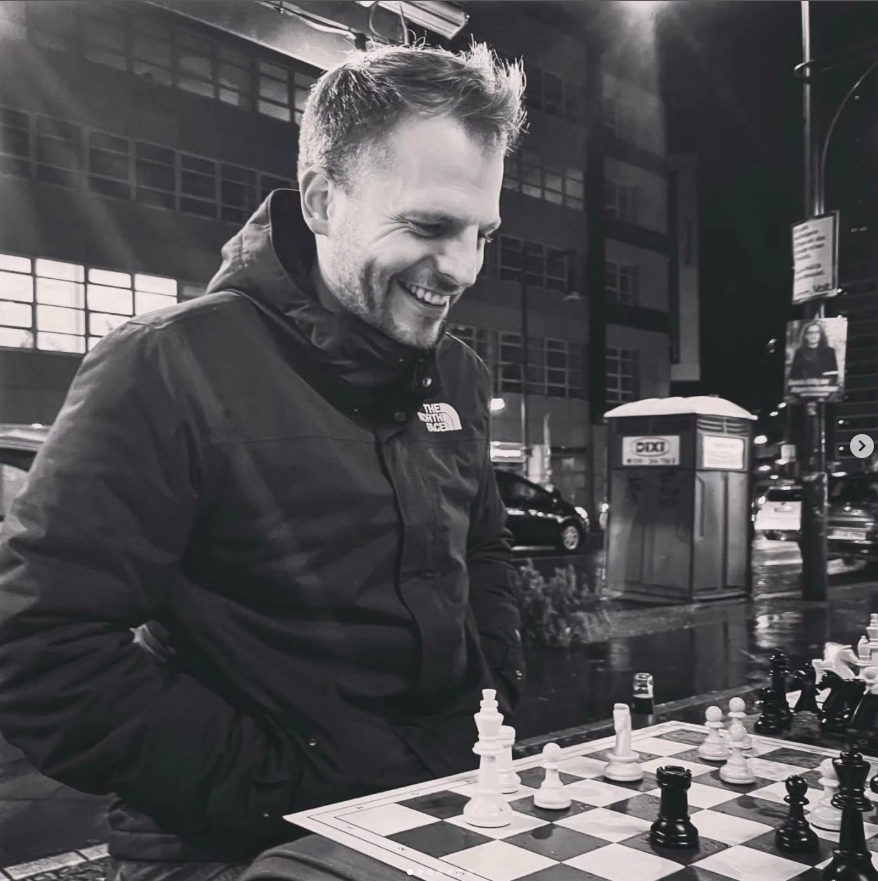In the second round, Magnus Carlsen lost to the young GM Alisher Suleymenov from Kazakhstan with the black pieces. The game itself was fantastically played by White. Carlsen's first inaccuracy was exploited and turned into a fantastic attacking whirlwind. Click here to watch the game
Just like the average chess player, the former world champion is naturally looking for mistakes. What was the problem in this game? While many players would have examined the slightly wrong opening or the passive Ne8, Carlsen attributed his defeat mainly to his opponent's watch: 
Photo discovered at Schachgeflüster
Now, it is certainly understandable that Carlsen is worried about cheating. The issue is a huge problem and, especially against the best player of all time, it is tempting for lost souls to resort to illegal means.
However, it is also noticeable that recently, after losing classical games, Carlsen has more or less directly accused his opponents of cheating or has looked for excuses that have something to do with cheating.
Two things that should be highlighted above all are his complaints about the watch and about the audience.
There are referees and they have a manager. The referee is there so that a player can draw his attention to things that are not going right. Wearing a wristwatch in the playing hall is not allowed, but you are welcome to speak to your opponent or, above all, to the referee.
Magnus Carlsen is also one of the players who is closely monitored and looked after by a manager. If there are things you don't like about a tournament, such as spectators or no delays in the live broadcast, then in Magnus Carlsen's case it is the manager's job to work towards a change. Or you just don't play.
Cheating in chess is a huge issue in the sport of chess and must be combated. However, as in other areas, it should not go to the other extreme, where accusations can simply be made without consequences.
Photo: Lennart Ootes





